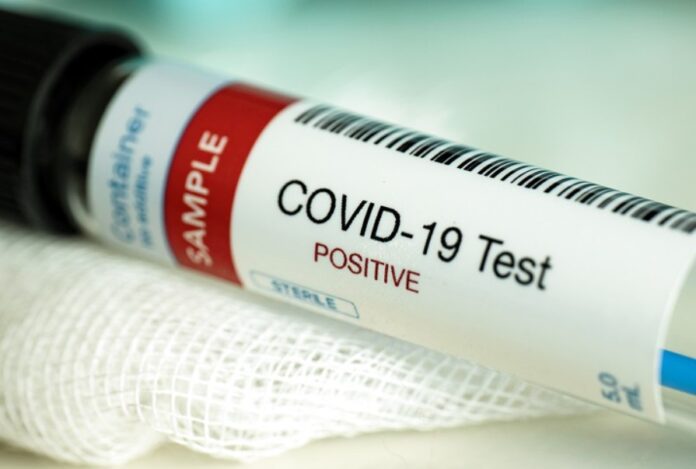
by David Raleigh
LIMERICK health chiefs have warned people to “prepare for the worst and hope for the best” as the country enters a “critical” stage, in the run up to Christmas and the New Year, in the battle to prevent the spread of COVID-19 variants Delta and Omicron.
The Department of Public Health Mid West today issued a warning that, despite daily case numbers “stabilising”, it expected “an increase in cases over the coming weeks linked to Christmas celebrations” and urged people to reduce their contacts to help “limit this risk and the extra pressure on the health service”.
Specialist in Public Health Medicine, Dr Marie Casey, said: “We want people to enjoy this festive season but the current reality is that Covid-19 is widespread in the community, and for every social encounter we have, we increase our risk, however we can reduce that by planning how we socialise and act over the coming days, so we can have a safer Christmas.”
“If you are unwell please isolate and get PCR tested. If you have not got your first vaccine dose, it is never too late to start now,” she added.
Dr Casey encouraged people to get booster vaccines “to assure yourself of greater protections against this disease this winter”.
The department described the christmas and new year period as a “critical” time, due to “the omicron variant spreading rapidly in different countries”.
It said: “People who have cold symptoms, no matter how mild, should isolate, and arrange a PCR test” and urged anyone waiting for a PCR test – but who has received a negative antigen test result – “must still isolate and wait for the results of the PCR test”.
It also advised that even if a PCR test result is negative the tested person “should still stay at home until you are well”.
Public Health Mid-West said it has recorded 4,042 Covid-19 cases across the region over the past 14 days, including 1,799 cases in Limerick, 1,356 cases in Clare, and 886 cases in North Tipperary, as of December 12, 2021.
It said it was monitoring 40 “Covid-19 situations” across nursing homes, long-term care facilities, day care services, disability services, special education needs facilities, and among the vulnerable.










